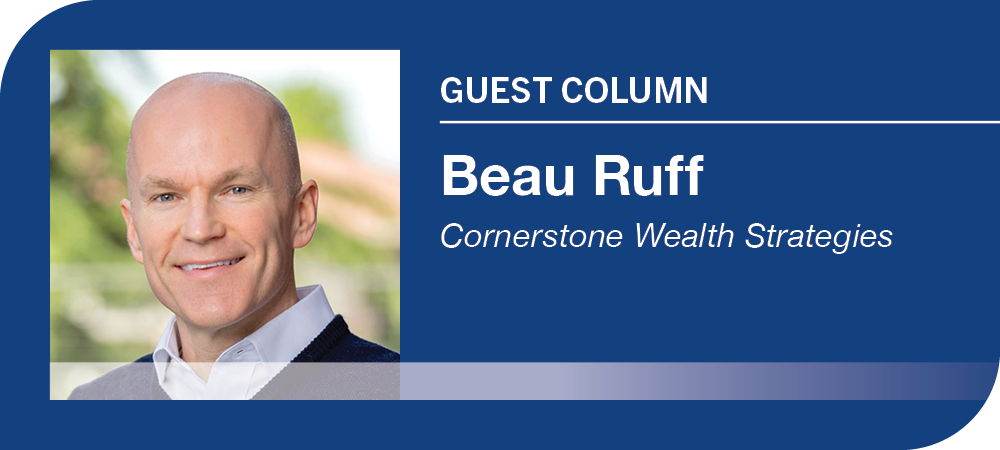
Home » Is the nonprofit advocating or lobbying? The answer can affect tax-exempt status
Is the nonprofit advocating or lobbying? The answer can affect tax-exempt status

November 21, 2023
During a lunch with an executive director of a local charity that currently qualifies as a tax-exempt 501(c)(3), I heard him remark that he is a constant advocate for both his organization and the laws that impact its success and mission. Being an advocate for his organization is commendable and probably expected, but how much advocacy is too much, pushing the organization over the line and risking tax-exempt status? Let’s try to break it down.
The law provides some clear-cut conditions for tax-exempt status for a 501(c)(3). An organization can only keep tax-exempt status if: (1) it “does not participate in, or intervene in (including the publishing or distributing of statements), any political campaign on behalf of (or in opposition to) any candidate for public office” and (2) “no substantial part of the activities” of the charity are “attempting to influence legislation.”
Note, there are two parts to the law cited above. Each requires a separate analysis to determine whether the charity meets the conditions.
The first part is seemingly straightforward. A 501(c)(3) is absolutely prohibited from participating in any political campaign for any candidate for public office. Violating this part alone risks tax-exempt status. But there is room for tax-exempt entities to participate in nonpartisan activities. For example, the charity might offer education or encouragement to voters to engage in the political process or it might encourage voter registration or host candidate forums.
The second part of the law cited above is less straightforward. It allows a 501(c)(3) to attempt to influence legislation so long as it is not “substantial.” Put another way, the law allows 501(c)(3)s to freely engage in lobbying so long as it is only “insubstantial.” The question then is: “What is ‘substantial?’”
The standard test to determine this is a facts and circumstances test (usually called the “substantial part test”). In this test, the IRS considers a variety of factors, including expenditures, time spent, nature and extent of influence, etc., that are largely outlined in Part II-B of Schedule C to the nonprofit’s annual IRS Form 990.
If the IRS determines that the 501(c)(3) has engaged in substantial activities to influence legislation, then that 501(c)(3) may lose its tax-exempt status and incur an excise tax on lobbying expenditures.
People in charge of the entity should take note as the managers may also get hit with personal liability for making such expenditures with knowledge that it might lead to loss of tax-exempt status.
If the lack of clear cut rules under the “substantial part test” cause the tax-exempt entity concern, there is another option. The tax-exempt entity can choose to forgo the “substantial part test” in favor of a more definitive (and likely more generous) test: the so-called “expenditure test.”
By election under 501(h) (through form 5768), a nonprofit can choose the expenditure test in place of the substantial part test. The expenditure test allows a public charity to make lobbying expenditures up to a ceiling amount for each taxable year and to separately make grass roots expenditures up to a ceiling amount for each taxable year and still maintain their tax-exempt status. Both types of expenditures (“lobbying” and “grassroots”) are generally defined as expenditures for the purpose of influencing legislation. The distinction is that “grassroots” refers to attempts to affect opinions of the general public while “lobbying” generally involves attempts to influence through communication with those who participate directly in the creation of the legislation.
The ceiling amounts contemplated under the expenditure test are specific to the charity and determined in accordance with the law. To give a general sense, the amount determined under section 4911 for lobbying is generally between 5%-20% of exempt purpose allowable expenditures (i.e., those expenditures that generally do qualify to support the charity’s tax-exempt purpose). The ceiling amount for grass roots expenditures is then 25% of the ceiling amount allowable for nontaxable lobbying (determined in the previous calculation).
Many charities are well-served by making the 501(h) election so that they have simple and clear rules to follow to allow them to best position themselves to maintain tax-exempt status.
The rules outlined above are nuanced and don’t necessarily apply equally to all types of tax-exempt entities (e.g., churches and private foundations). The IRS provides training on its website that delves into the issues outlined above in much more detail. Tax-exempt entities should always consult tax professionals to discuss specific levels of lobbying and participation in politics.
Beau Ruff, a licensed attorney and certified financial planner, is the director of planning at Cornerstone Wealth Strategies.
Local News Charitable Giving & Nonprofits Nonprofits Opinion
KEYWORDS november 2023





